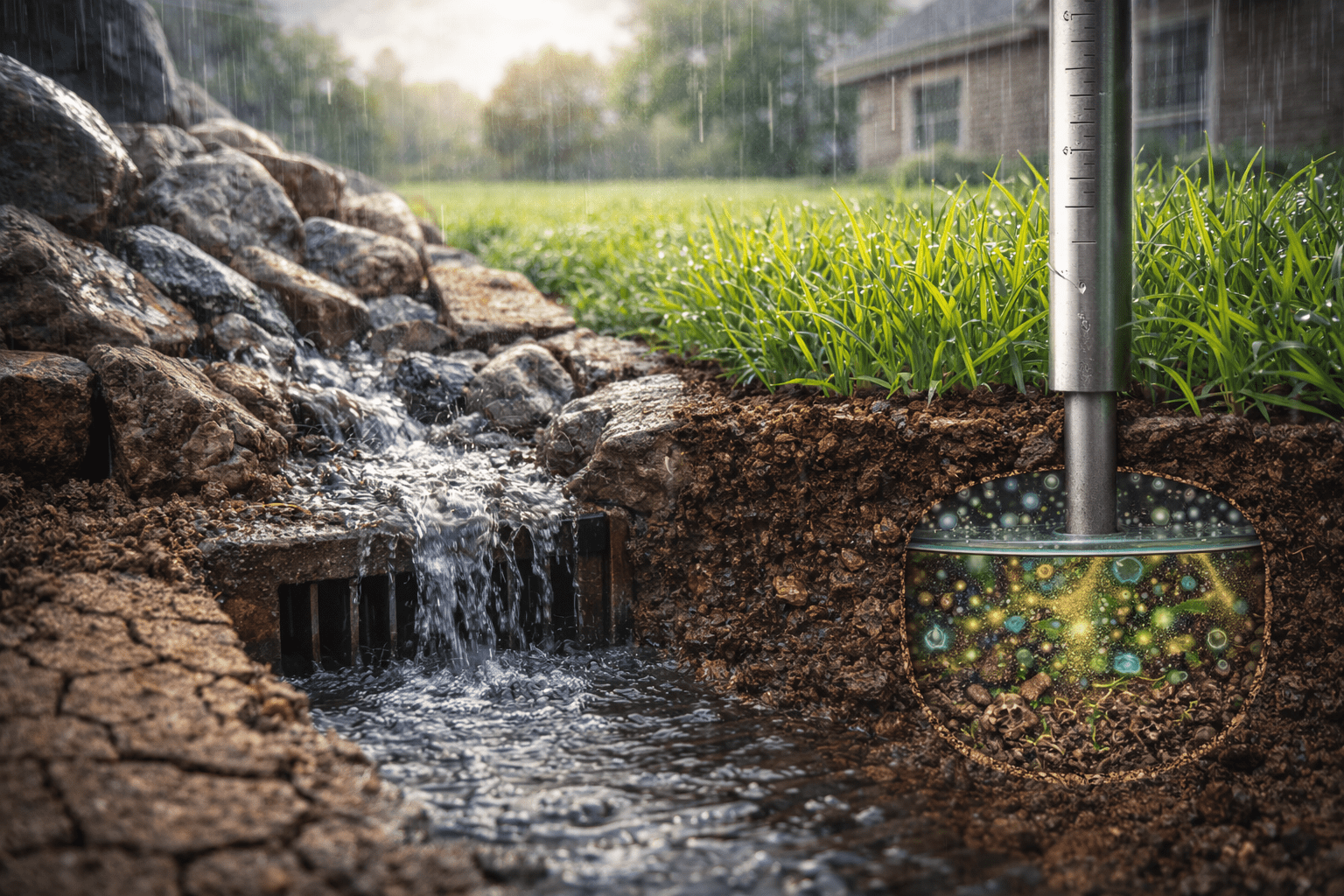Chinch Bugs Beware! How to Identify and Treat Chinch Bug Infestations

Around 25% of U.S. households have gardens and many of these gardens are often subject to pest attacks. One of the most widespread lawn pests is the chinch bug; during the summer heat, they destroy turfgrass.
How do you know if you have an infestation? You’ll likely notice dead spots on your lawn despite frequently watering it. Keep reading to learn more about this annoying pest and how to prevent them from destroying your home’s landscaping.
What Are Chinch Bugs?
Chinch bugs may be tiny in size, but they can quickly cause significant harm to your grass. They flourish in arid conditions and live and breed in dry, hot, and sunny conditions. In the US, there are two species of chinch bugs: hairy and common. Both do the most damage during the summer’s warmest and driest months.
Wintering in hedgerows and roadside habitats, chinch bugs emerge to feed and spawn in late spring. During the summer, females are capable of laying 200 eggs on grass blades. It is at this point that the grass becomes yellow and then brown as the young drain the sap out of the grass and stems.
How Can I Detect a Chinch Bug Infestation?
Chinch bug damage might resemble drought stress and is commonly overlooked at first. Look for apparent symptoms of the damage, such as patches or scattered grass portions on your lawn that appear dry and dead. These patches of damage will frequently expand and combine into more significant areas.
When discovering the problem, many homeowners increase their lawn irrigation because they believe the dead patches are caused by water stress. More water, however, will not address the situation.

How Do I Control and Prevent Chinch Bugs?
Certain pesticides can aid in the prevention and control of chinch bug infestations. They’re frequently more effective if used early on. Here’s how:
- Granular pesticides can be applied using a conventional fertilizer spreader.
- A hose-end sprayer can be used to apply liquid sprays.
- A modest quantity of dishwashing solution added to your liquid spray can help enhance control and coverage.
If chinch bugs cause damage to a small portion of your yard, start with a spot pesticide treatment, which you can get with the help of experienced landscaping services. Chinch bugs multiply quickly and can, unfortunately, acquire resistance to a treatment’s active component. If you need to treat the grass more than once, try alternating the type of pesticide you apply. For chronic chinch bug infestation, contact a landscaping services specialist for assistance.
Do you have chinch bugs on your lawn?
Call Archer Services today to get it controlled!
Recent Posts
The Hydrological Landscape: Mastering Water Movement and Infiltration in Houston Soil
In the Houston and Magnolia regions, water is both a vital resource and a primary threat to landscape longevity. Between intense summer droughts and flash-flooding rainstorms, a property’s “hydrological design”—how…
The Immune System Landscape: Natural Defense Against Pests and Disease
For decades, the standard approach to landscape pests and diseases has been reactive: wait for a problem to appear, then apply a chemical to kill it. However, modern horticultural science…
The Houston Landscape Management Calendar: A Month-by-Month Technical Guide
In the Houston and Magnolia areas, our “growing season” is nearly year-round. This means the traditional rules of landscaping often don’t apply. Success in our climate isn’t about working harder;…


